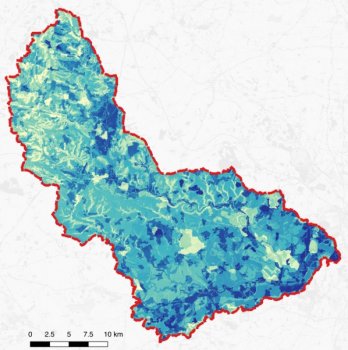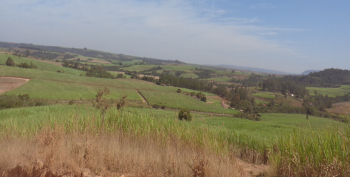Understanding the potential for private sector investment in natural capital in the Spey catchment
Submitted by Anja Helena Liski on 21 September 2018The aim of this research was to understand how private sector natural capital investments could be increased and diversified in the Spey catchment. The focus of the study was on businesses that do not primarily manage land, but nevertheless rely on the Spey landscape, e.g. for their supply chain or to attract customers. Specifically, the study tried to answer four questions:
1. How do businesses currently invest in natural capital?
2. What motivates and hinders businesses to invest in natural capital?
3. Is there potential for coordinated business investment in natural...




